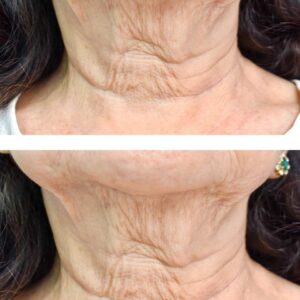We tend to believe we fully understand the French kiss—until we stop to truly reflect on its complexity. What gives this intimate exchange its intensity and emotional impact? Is it just a sign of desire, or does it hold a deeper, more intricate meaning rooted in human connection?
In reality, what appears to be a simple act is actually a rich interplay of sensory input, neurological responses, and emotional attachment.
The Tongue: Small but Mighty
The tongue might seem unremarkable at first glance, but it’s actually one of the most complex and capable parts of the human body. Comprised of eight highly flexible muscles and linked directly to areas responsible for pleasure and sensation, it plays a vital role in our experiences of taste, touch, and emotional connection.
During a kiss, the tongue becomes a subtle yet powerful messenger. It does more than make contact—it sets off a cascade of neural signals that head straight to the brain. This turns a French kiss into more than just a physical act; it becomes an emotionally charged, even transformative, experience.
Why This Type of Kiss Leaves Such a Mark
Unlike a casual kiss on the cheek or a brief peck on the lips, a French kiss invites vulnerability. It’s a nonverbal expression of trust and closeness — a way of silently saying, “I’m opening up to you.”There’s a rhythm to this kind of kiss — an unspoken choreography where each partner responds to the other. That kind of emotional and physical synchronicity is rare, which is why the memory of such kisses often lingers far longer than we expect.
What Actually Happens in Your Body During a French Kiss?
Surprisingly, there’s a lot more happening than you might expect. Here’s what’s going on beneath the surface:
Brain Response: Key areas tied to pleasure, memory, and emotional bonding become highly active — which is why a truly great kiss can leave a lasting impression.
Oxytocin Release: Often called the “cuddle hormone,” oxytocin promotes feelings of trust, intimacy, and emotional safety.
Physical Reaction: Your heart beats faster, breathing quickens, and your body shifts into a state of gentle, heightened arousal.
Immune Sharing: Swapping saliva isn’t just intimate — it helps your immune systems learn from each other, like a subtle biological exchange.





